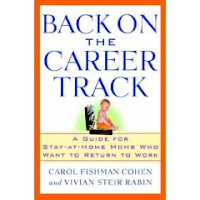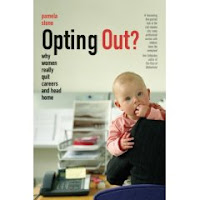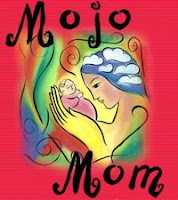Taking a moment away from BlogHer to note that tomorrow’s New York Times Magazine article, “Family-Leave Values†by Eyal Press, features the work of two stellar scholars, Joan Williams and Shelley Correll. Here’s a sneak-preview, courtesy of Steve Mintz of the Council on Contemporary Families:
The results, as reported in the May 2007 issue of The American Journal of Sociology, are striking. Among the volunteers, mothers were consistently viewed as less competent and less committed and were held to higher performance and punctuality standards. They were 79 percent less likely to be hired and, if hired, would be offered a starting salary $11,000 lower than nonmothers. Fathers, by contrast, were offered the highest salaries of all. Meanwhile, in the test run with real-world employers, the hypothetical female applicants without children were more than twice as likely as equally qualified mothers to be called back for interviews.
Sigh. The mommy gap is alive and well.





